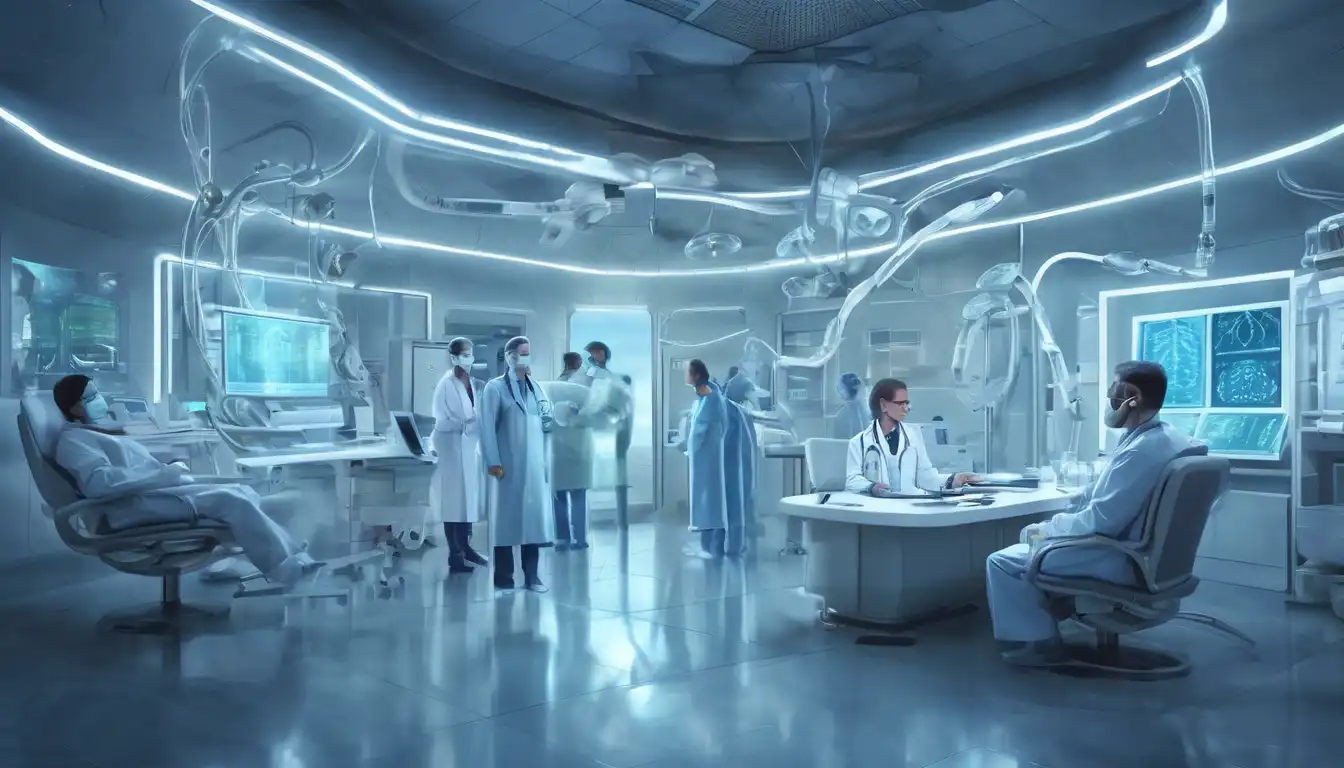The Revolutionary Role of AI in Healthcare
Artificial Intelligence (AI) is revolutionizing the healthcare industry by providing innovative solutions to complex problems. From diagnostics to treatment personalization, AI's role in modern healthcare is undeniable. This article explores how AI is transforming healthcare delivery, improving patient outcomes, and streamlining operations.
Enhancing Diagnostic Accuracy
AI algorithms are now capable of analyzing medical images with precision that rivals human experts. Technologies like machine learning and deep learning enable the detection of diseases such as cancer at early stages, significantly improving the chances of successful treatment. For instance, AI-powered tools can identify patterns in X-rays or MRIs that may be overlooked by the human eye.
Personalizing Patient Treatment
AI is paving the way for personalized medicine by analyzing vast amounts of data to recommend tailored treatment plans. By considering a patient's genetic makeup, lifestyle, and other factors, AI can help healthcare providers devise more effective and individualized treatment strategies. This approach not only enhances patient care but also reduces the risk of adverse effects.
Streamlining Healthcare Operations
Beyond patient care, AI is optimizing healthcare operations. From scheduling appointments to managing patient records, AI-driven systems are reducing administrative burdens and improving efficiency. For example, chatbots powered by AI can handle routine inquiries, allowing healthcare professionals to focus on more critical tasks.
Challenges and Ethical Considerations
Despite its benefits, the integration of AI into healthcare raises ethical and privacy concerns. Issues such as data security, consent, and the potential for bias in AI algorithms must be addressed to ensure equitable and safe use of these technologies. It's crucial for stakeholders to collaborate in establishing guidelines that protect patients while fostering innovation.
Conclusion
The role of AI in modern healthcare solutions is transformative, offering unprecedented opportunities to enhance diagnostic accuracy, personalize treatment, and streamline operations. However, as we embrace these advancements, it's essential to navigate the ethical challenges they present. By doing so, we can harness the full potential of AI to improve healthcare outcomes for all.
For more insights into how technology is shaping the future of healthcare, explore our articles on digital transformation in healthcare and the future of personalized medicine.
